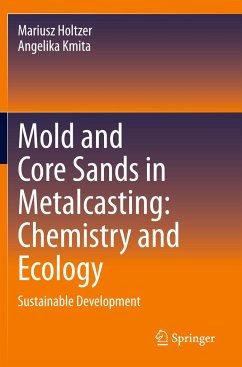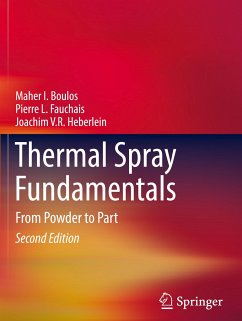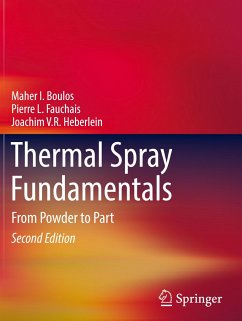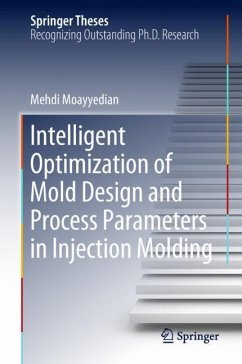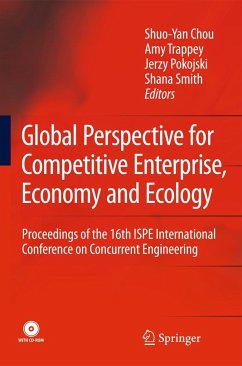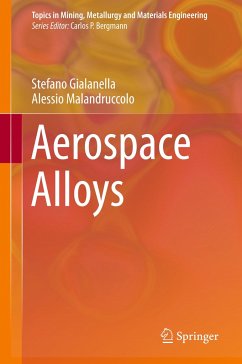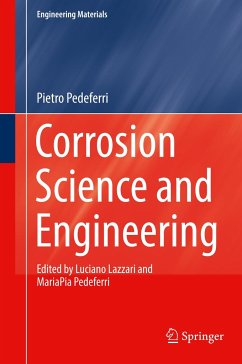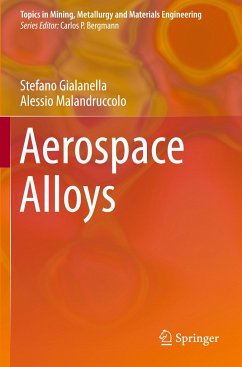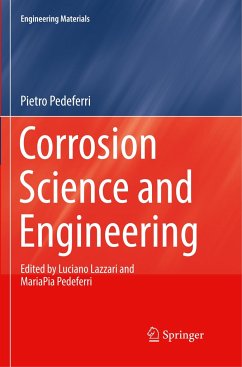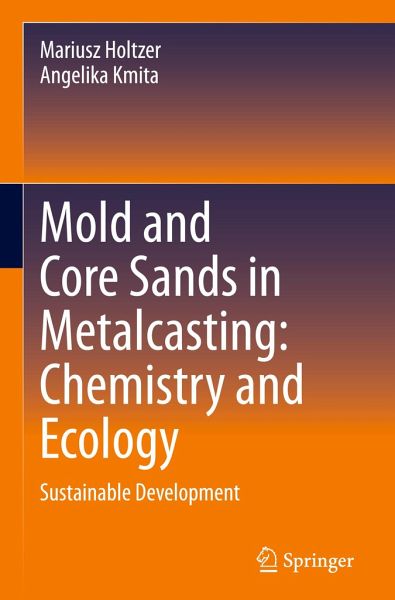
Mold and Core Sands in Metalcasting: Chemistry and Ecology
Sustainable Development
Versandkostenfrei!
Versandfertig in 6-10 Tagen
76,99 €
inkl. MwSt.
Weitere Ausgaben:

PAYBACK Punkte
38 °P sammeln!
The metal casting, uses large amounts of natural resources, energy and metals as well as generates significant amounts of gases and solid wastes, which have an essential influence on the natural environment and work conditions in casting houses. The condition of the further development is the adjustment to the strategy of the sustainable development.This book examines potential solutions to the economic, ecological, and occupational hazards generated by the foundry industry. It focuses on emissions of chemical compounds during the preparation and formation of molding sands, molds pouring with ...
The metal casting, uses large amounts of natural resources, energy and metals as well as generates significant amounts of gases and solid wastes, which have an essential influence on the natural environment and work conditions in casting houses. The condition of the further development is the adjustment to the strategy of the sustainable development.This book examines potential solutions to the economic, ecological, and occupational hazards generated by the foundry industry. It focuses on emissions of chemical compounds during the preparation and formation of molding sands, molds pouring with molten metal, molds cooling and castings knocking out. It also addresses the effects of the spent molding sands reclamation process and the influence of spent sands on the environment during their storage. Establishing the most sustainable techniques for limiting the negative impact of foundry processes on the environment is explored in detail. The book will be valuableto academics and industry professionals alike.
Describes the mechanisms of hardening and thermal destruction of individual binders in moulding and core sands;Assesses the influence of moulding and core sands technology on the environment;Discusses state of the art moulding and core sand technology.
Describes the mechanisms of hardening and thermal destruction of individual binders in moulding and core sands;Assesses the influence of moulding and core sands technology on the environment;Discusses state of the art moulding and core sand technology.



